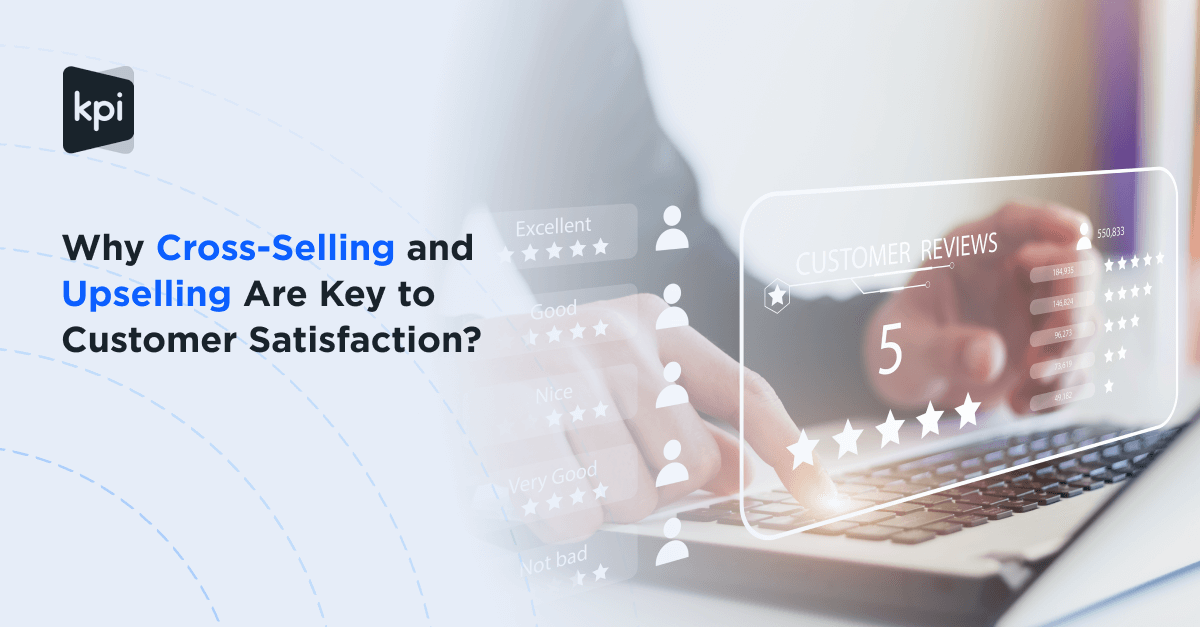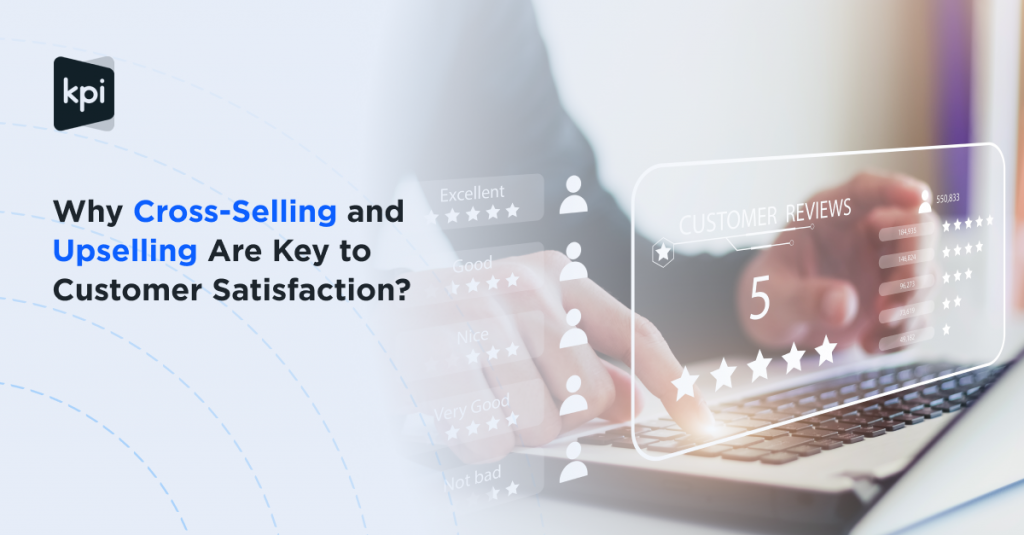
Why Cross-Selling and Upselling Are Important?

Usually when businesses want to boost their revenue, they often enable marketing to attract and find new prospects. However, business owners should take into account potential markets while broadening their businesses: current customers.
As Marketo states that 90% of customer value of B2B businesses usually is acquired after the initial sale.
We’ll look at cross-selling and upselling in more detail, including the differences between the two, how to execute both, and some instances of how they work in practice.
Cross-Selling and Upselling
Cross-selling is another effective strategy for getting customers to opt more. Here’s how it works: a consumer is presented with a range of software systems that could be suitable for their business requirements. For instance, If the customer selected CRM. Hence, a set of ERP modules like Accounting, HRMS, Project Management might be offered additionally. Marketers frequently recommend products that a customer would subscribe and buy.
Upselling is a sales technique in which a consumer is persuaded to opt in add-ons or anything that will improve their initial purchase. It’s similar to getting a free upgrade on an existing order. Marketers frequently implement this strategy in their campaigns to increase sales.
What is Difference Between Cross-selling and Upselling
Upselling and cross-selling are two strategies that are extremely similar. They both help businesses to boost their revenue, but in different ways. Upselling increases income by offering a higher-level products and services, and cross-selling accomplishes the same by recommending other items and services to purchase.
Upselling is a great addition to a current purchase, whereas cross-selling is a separate purchase. Each of these methods will work well in both B2C and B2B, but when combined, they may drastically improve your business.
Benefits of Cross-Selling and Upselling
Let’s take a look at the top benefits of cross-selling and upselling methods:
Increases Customer Loyalty
Putting a personal touch on it. Despite the fact tha quality and price are crucial, today’s customers value a personalized approach. They want you to anticipate their desires, thoroughly comprehend their requirements, and provide appropriate recommendations. Cross-selling and upselling are based on the preferences and previous purchases of the consumer. As a result, you may boost customization for a better client experience using these strategies.
Boosts Revenue
A good cross-sell and upsell strategy may help businesses increase sales and profitability.
Optimization in ROI
It might be expensive to bring on new prospects. Hence, business owners may rapidly see a profit and get a greater return on investment by upselling and cross-selling to your existing clients. As businesses have already put in the effort to promote, identify, and sell potential prospects; enterprises would be prudent to get the most out of the current customers.
Increment in Customer Lifetime Value
When the businesses implement the right strategy of cross selling/upselling, it helps to increase customer lifetime value. Clients who are exposed to appropriate suggestions are more likely to opt from you and bring more money into your business.
The fundamental goal of cross-selling and upselling is to boost revenue. It’s also about giving customers true value along the way.
CRM helps to maximise the effectiveness of sales strategies in a certain context.
Learn why up-selling and cross-selling are crucial, as well as how you implement CRM to track buying patterns and increase sales opportunities.